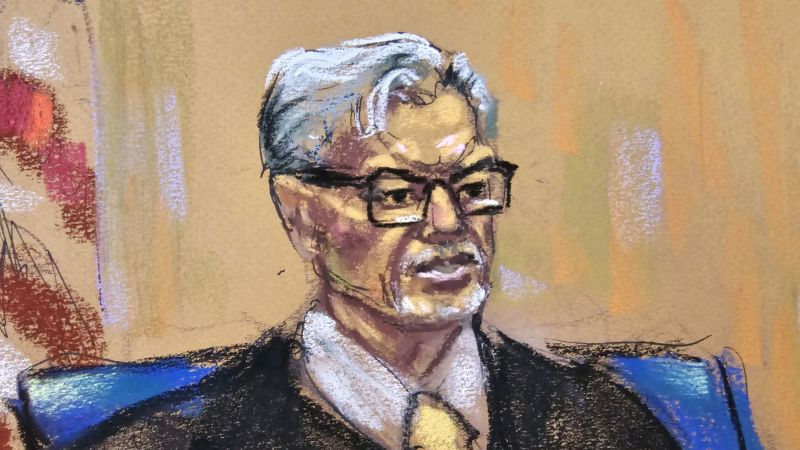Judge Juan Merchan delivered his instructions to jurors before they began deliberations in former President Donald Trump’s hush money trial.
Here’s what Merchan told the jury:
• They must not make a decision based on biases or stereotypes;
• They must set aside personal differences;
• They must not speculate about how long a potential sentence may be or what the punishment might be – that’s up to the judge;
• They can’t hold it against Trump for not testifying;
• The “people must prove beyond a reasonable doubt every element of the crime.” He reminds the jury it must not rest its verdict on speculation;
• They can consider whether a witness hopes to receive a benefit related to the trial, or if they have an interest in how the case ends;
• They cannot convict Trump on Michael Cohen’s testimony alone because he’s an accomplice, but they can use his evidence if corroborated with other evidence;
• The jury must be unanimous if they find Trump guilty on each count – on whether he committed the crime personally, acted in concert with others or both;
• They must determine if Trump conspired to promote someone or prevent them from public office by unlawful means;
• They should deliberate with a view toward reaching an agreement, without surrendering individual judgment;
• Jurors’ notes cannot be used in place of evidence;
• The foreperson will deliver the verdict for each count after deliberations are over;
• Jurors must surrender their phones and can only discuss the case when all 12 of them are together.
Merchan explained some key laws in the case:
On the law applicable to falsifying business records, Merchan told the jury:
“You must find beyond a reasonable doubt first that he solicited, requested, commanded, importuned or intentionally aided that person to engage in that conduct, and second, that he did so with the state of mind required with the commission of the offense.”
He also explained what makes a person guilty of falsifying business records in the first degree – explaining that they must have the intent to defraud – including the intent to commit another crime or conceal the commission of one.
On what constitutes a violation of the Federal Election Campaign Act: It is unlawful for an individual to willfully make a contribution to any candidate running for office, including the presidency, exceeding certain limits which in the relevant years was $2,700, Merchan tells the jury.
He also walked the jury through what they must find in the different counts levelled against Trump. Merchan explained what tax law violations were and said it was unlawful for a person to willfully produce a tax statement or document that’s false.
Read the full jury instructions here.
Read the full article here
